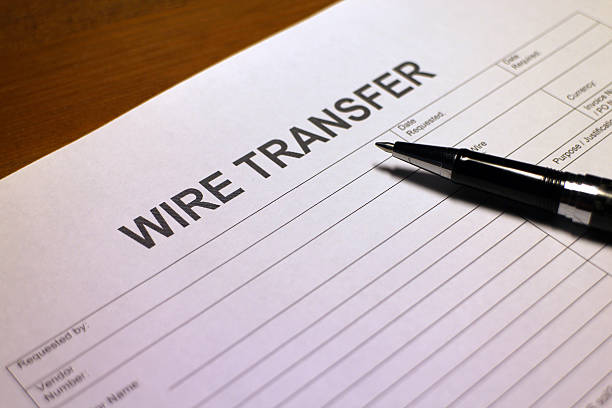The short answer is yes; it is possible to transfer money from a business account to a personal account. However, there are important considerations to keep in mind:
Legal Structure of the Business: The structure of your business plays a significant role in determining how you can move money between business and personal accounts. If you are a sole proprietor or a single-member LLC, it may be easier to transfer funds because the business's finances are closely tied to your personal finances. However, if your business is a separate legal entity, such as a corporation or partnership, there are more restrictions and formalities.
Tax Implications: Transferring money from a business account to a personal account can have tax implications. In some cases, these transfers may be treated as owner withdrawals or dividends, which can affect your personal and business tax liability. Consult with a tax professional to ensure compliance with tax regulations.
Corporate Formalities: If your business is structured as a corporation or an LLC with multiple members, you should adhere to corporate formalities. These entities require resolutions, board approval, or member consent for significant financial transactions, including transferring money to personal accounts.
Account Type: The type of bank account you use matters. Business accounts are meant for business-related transactions, while personal accounts are for personal expenses. Some banks may have policies or fees associated with transferring funds between these account types.
Best Practices for Transferring Money
If you need to transfer money from your business account to a personal account, consider these best practices:
Document Transactions: Keep detailed records of all transfers, including the purpose and date of each transaction. This documentation can be invaluable for tax purposes and financial accountability.
Consult with Professionals: Seek guidance from a tax professional or financial advisor to understand the implications of these transfers on your personal and business finances.
Follow Legal Formalities: If your business is a separate legal entity, adhere to all legal requirements and corporate formalities when authorizing transfers.
Use Business Funds Wisely: Be mindful of using business funds for personal expenses. Clearly differentiate between business and personal finances to maintain financial transparency.
Bank Policies: Familiarize yourself with your bank's policies regarding transfers between business and personal accounts. Some banks may have restrictions or fees associated with these transactions.
Consider Alternatives: If you frequently need to transfer money between accounts for personal expenses, it may be more convenient to pay yourself a regular salary or set up a system that allocates personal funds from the business.
Conclusion
Transferring money from a business account to a personal account is possible, but it should be approached with caution and adherence to legal and financial regulations. Your business's legal structure, tax implications, and adherence to corporate formalities all play a significant role in how these transfers are handled. Consult with professionals and follow best practices to ensure a smooth and compliant process that serves both your business and personal financial needs.
Frequently asked questions (FAQs) for bank transfers




